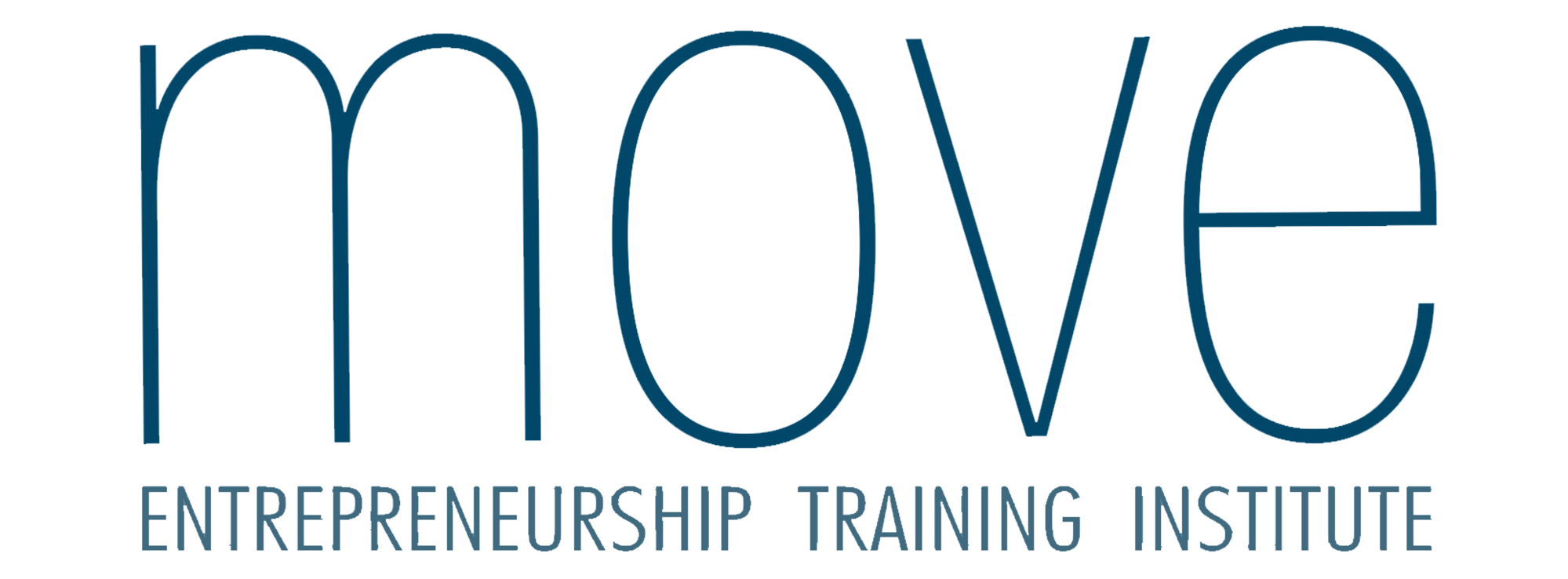References
See and read more about STEP and PI Training. There are several articles and videos available, as well as scientific publications.
Articles and Videos about STEP
The german UNESCO article Unternehmen gründen explains how STEP training fosters a more dynamic and innovative environment through more entrepreneurship and reduces youth unemployment in the global south.
Follow the stories of STEP researchers, developers and trainers, as well as students who have received the training to get to know the whole story about STEP.
Watch this spanish UNESCO video about the STEP project in Mexico in 2017.
Visit the official STEP training webpage to read more about the training approach.
Articles and Videos about PI Training
Read more about the success of psychological training approaches compared to business trainings in the Economist article Psychology beats business training when it comes to entreprenuership.
This Worldbank video shows the effectiveness of personal initiative training in increasing profits for entrepreneurs, particularly for female entrepreneurs.
Watch Prof. Dr. Michael Frese speaking about personal initiative as a concept as well as an impact factor to foster entrepreneurship and to reduce poverty at the National University of Singapore.
Visit the official PI training webpage to read more about the training approach.
SCIENTIFIC PUBLICATIONS
Read more about the Action Oriented Training approach and about STEP and PI Training in the following publications, which provide the proof and evidence.
Alibhai, S., Buehren, N., Frese, M., Goldstein, M., Papineni, S., & Wolf, K. (2019, June 17). Full Esteem Ahead ? Mindset-Oriented Business Training in Ethiopia. In The World Bank Policy Research Working Paper (No. WPS8892). World Bank Group. https://documents.worldbank.org/en/publication/documents-reports/documentdetail/247671560784088055/full-esteem-ahead-mindset-oriented-business-training-in-ethiopia
Bischoff, K. M., & Gielnik, M. M. (2016). Entrepreneurship-Trainings als innovative Karriere-Booster. PERSONALquarterly, 2, 40–45.
Bischoff, K. M., & Gielnik, M. M. (2019). Handeln wie ein Unternehmer. Human Resources Manager, 2, 40–41.
Bischoff, K. M., Gielnik, M. M., & Frese, M. (2020). When capital does not matter: How entrepreneurship training buffers the negative effect of capital constraints on business creation. Strategic Entrepreneurship Journal, 14(3), 369–395. https://doi.org/10.1002/sej.1364
Bischoff, K. M., Gielnik, M. M., & Frese. M. (2014). Entrepreneurship training in developing countries. In W. Reichman (Ed.), Industrial and Organizational Psychology Help the Vulnerable: Serving the Underserved (pp. 92-119). Houndmills, UK: Palgrave Macmillan.
Frese, M. (2009). Towards a Psychology of Entrepreneurship: An Action Theory Perspective. Foundations and Trends in Entrepreneurship, 5(6), 437–496. https://doi.org/10.1561/0300000028
Frese, M., & Fay, D. (2001). 4. Personal initiative: An active performance concept for work in the 21st century. Research in Organizational Behavior, 23, 133–187. https://doi.org/10.1016/s0191-3085(01)23005-6
Frese, M., & Zapf, D. (1994). Action as the core of work psychology: A German approach. In H. C. Triandis, M. D. Dunnette, & L. M. Hough (Eds.), Handbook of Industrial and Organizational Psychology (pp. 271–340). Consulting Psychologists Press.
Frese, M., Gielnik, M. M., & Mensmann, M. (2016). Psychological Training for Entrepreneurs to Take Action: Contributing to Poverty Reduction in Developing Countries. Current Directions in Psychological Science, 25(3), 196–202. https://doi.org/10.1177/0963721416636957
Gielnik, M. M., Frese, M., Bischoff, K. M., Muhangi, G., & Omoo, F. (2016). Positive Impact of Entrepreneurship Training on Entrepreneurial Behavior in a Vocational Training Setting. Africa Journal of Management, 2(3), 330–348. https://doi.org/10.1080/23322373.2016.1206804
Gielnik, M. M., Frese, M., Kahara-Kawuki, A., Wasswa Katono, I., Kyejjusa, S., Ngoma, M., Munene, J., Namatovu-Dawa, R., Nansubuga, F., Orobia, L., Oyugi, J., Sejjaaka, S., Sserwanga, A., Walter, T., Bischoff, K. M., & Dlugosch, T. J. (2015). Action and Action-Regulation in Entrepreneurship: Evaluating a Student Training for Promoting Entrepreneurship. Academy of Management Learning & Education, 14(1), 69–94. https://doi.org/10.5465/amle.2012.0107
Gielnik, M. M., Uy, M. A., Funken, R., & Bischoff, K. M. (2017). Boosting and sustaining passion: A long-term perspective on the effects of entrepreneurship training. Journal of Business Venturing, 32(3), 334–353. https://doi.org/10.1016/j.jbusvent.2017.02.003
Glaub, M. E., Frese, M., Fischer, S., & Hoppe, M. (2014). Increasing Personal Initiative in Small Business Managers or Owners Leads to Entrepreneurial Success: A Theory-Based Controlled Randomized Field Intervention for Evidence-BasedManagement. Academy of Management Learning &Amp; Education, 13(3), 354–379. https://doi.org/10.5465/amle.2013.0234
Glaub, M., & Frese, M. (2011). A critical review of the effects of entrepreneurship training in developing countries. Enterprise Development and Microfinance, 22, 335-353.
Wolf, K., & Frese, M. (2018, January 2). Why husbands matter: Review of spousal influence on women entrepreneurship in sub-Saharan Africa. Africa Journal of Management, 4(1), 1–32. https://doi.org/10.1080/23322373.2018.1428019

move-eti gGmbH
Entrepreneurship Training Institute
Liebenwalder Straße 12
13347 Berlin
